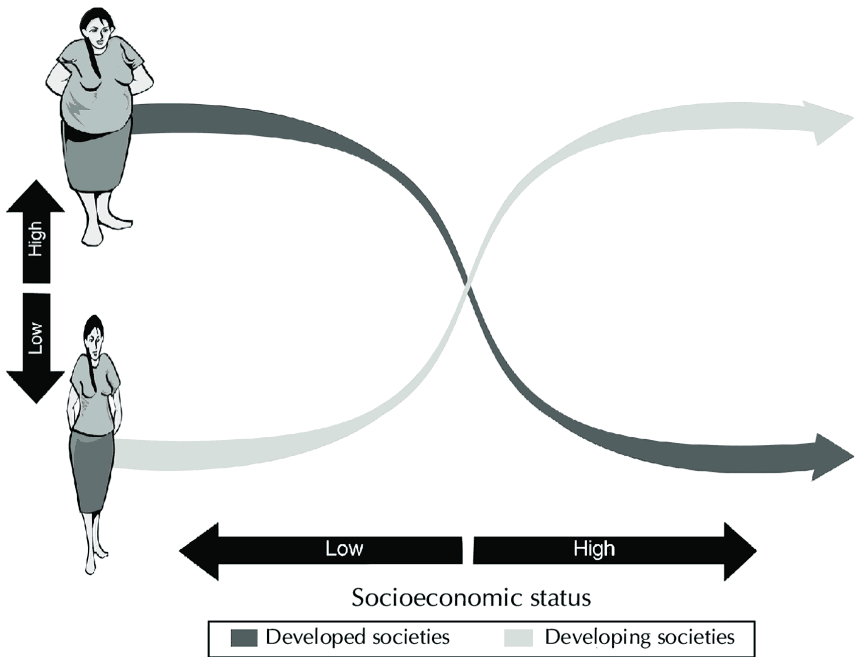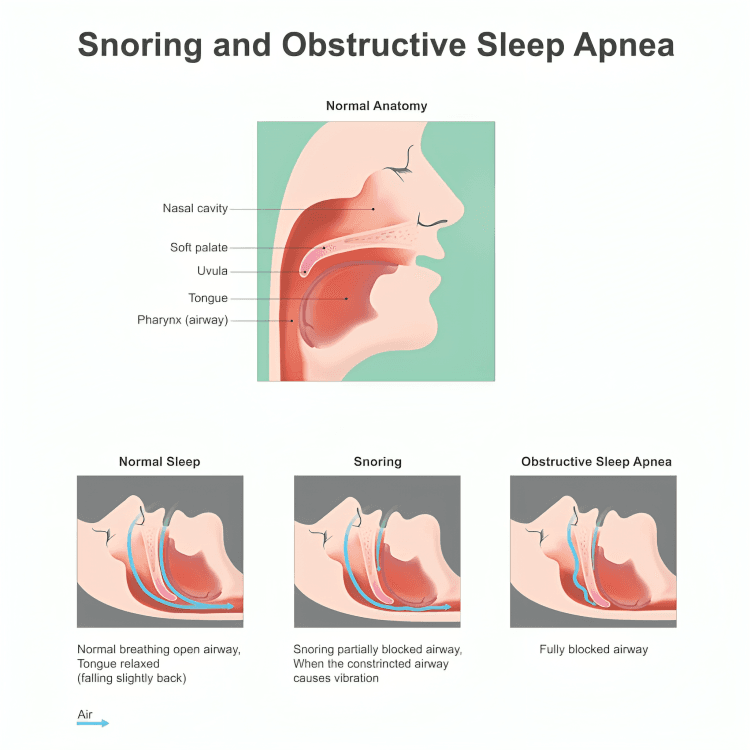
“
When it comes to serious health challenges in modern times, the causes & symptoms of obesity have taken center stage. This isn’t just about weight gain—causes & symptoms of obesity reflect complex interactions between genetics, lifestyle, mental health, and even environmental factors. Unlike what some assume, the causes & symptoms of obesity don't appear overnight; they evolve subtly, sometimes without visible warning. 1
1
”
Obesity often results from a sustained energy imbalance, where caloric intake consistently exceeds expenditure. This surplus energy is stored as fat, leading to gradual weight gain over time. 1
Genetic factors can predispose individuals to obesity by affecting appetite control and fat storage. Certain genes impact how the body processes food and energy, making weight management harder for some people. 2
A sedentary lifestyle greatly contributes to obesity. Low physical activity decreases energy use, causing excess calories to become fat. Regular exercise is essential to maintain a healthy weight and prevent obesity. 3

Eating high-calorie, nutrient-poor foods like fast food and sugary drinks promotes weight gain. These energy-dense options can lead to overeating and play a major role in causing obesity.
Sleep deprivation disrupts hormones that regulate hunger and satiety, leading to increased appetite and caloric intake. Chronic lack of sleep is associated with weight gain and a higher risk of obesity. 4
ertain medications, including antidepressants and corticosteroids, can cause weight gain as a side effect. These drugs may alter metabolism or increase appetite, contributing to obesity in some individuals. 5
Psychological factors, such as stress and depression, can lead to overeating or unhealthy eating patterns. Emotional eating often involves high-calorie comfort foods, which can contribute to obesity. 6
Hormonal disorders like hypothyroidism and Cushing's syndrome can slow metabolism or increase fat accumulation, leading to weight gain and obesity. These conditions require medical diagnosis and management. 7

Socioeconomic status influences obesity risk. Limited access to healthy foods, safe environments for physical activity, and healthcare resources can increase the likelihood of weight gain in disadvantaged populations.
Obesity can lead to physical symptoms such as joint pain, particularly in weight-bearing joints like the knees and hips. Excess weight increases stress on joints, potentially causing discomfort and mobility issues.8
Excess body fat, especially around the abdomen, is a common physical manifestation of obesity. Central obesity is associated with a higher risk of metabolic disorders and cardiovascular diseases.9
Obesity is linked to fatigue and decreased energy levels. Carrying excess weight can strain the body's systems, leading to feelings of tiredness and reduced physical endurance. 10
Excessive sweating is a symptom experienced by some individuals with obesity. The body's increased effort to regulate temperature due to extra insulation from fat can lead to higher perspiration levels. 11

Sleep apnea, a condition characterized by interrupted breathing during sleep, is more prevalent in obese individuals with obesity. Excess fat around the neck can obstruct airways, leading to disrupted sleep patterns.
Obesity can cause heat intolerance as excess body fat acts as insulation, making it harder for the body to dissipate heat. This can lead to discomfort in warm environments. 12
Obesity can impact mental health, contributing to conditions like depression and anxiety. Social stigma and reduced self-esteem associated with obesity may exacerbate these psychological challenges. 13

Insomnia, or difficulty sleeping, is frequently experienced by individuals with obesity. Conditions like sleep apnea and acid reflux, often linked to obesity, also reduce sleep quality significantly.
Cardiovascular diseases are more common in individuals with obesity. High blood pressure, elevated cholesterol levels, and increased strain on the heart are associated with excess body weight. 14
Obesity is linked to certain types of cancer, including breast, colon, and endometrial cancers. Excess fat can produce hormones and inflammatory markers that may promote cancer development. 15
Obesity can impair immune function, making individuals more susceptible to infections. Chronic inflammation associated with excess fat can disrupt normal immune responses, affecting overall health. 16


